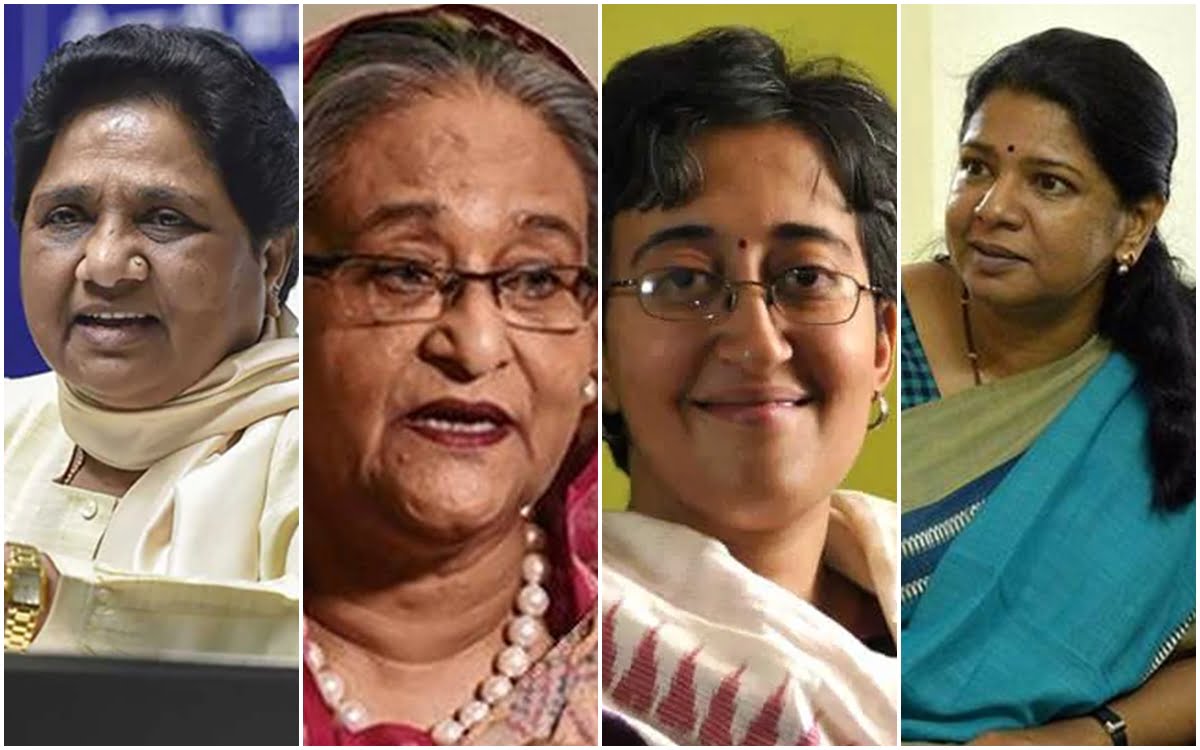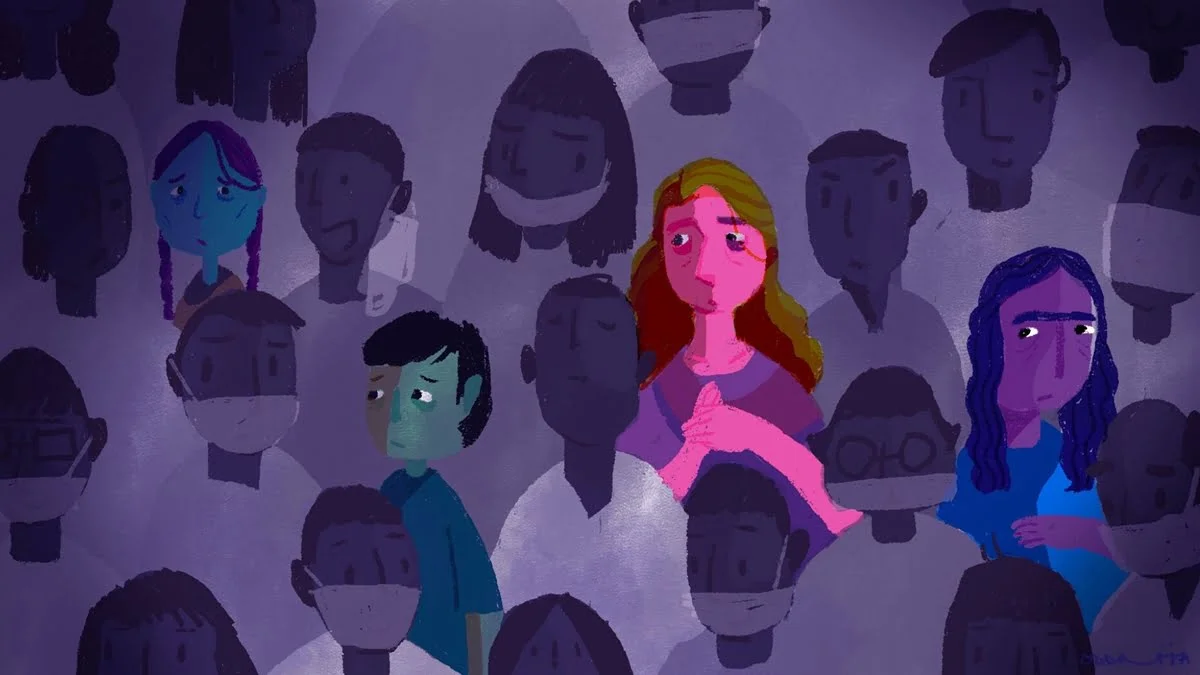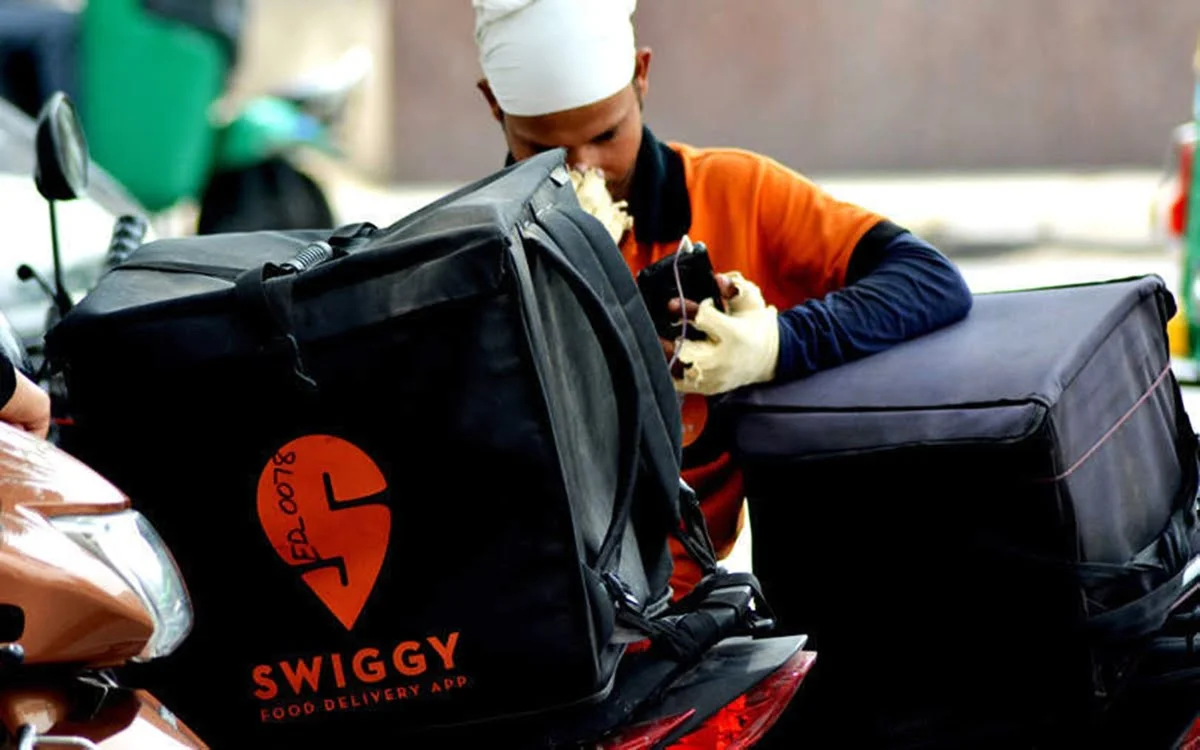“What according to you is the biggest barrier to women’s political participation ?” To this question, 68 percent participants voted patriarchy as the biggest barrier for women’s political participation. But surprisingly, 32 percent voted that women lacked an interest in politics and the remaining 20 percent said it was owing to the lack of women role models. The poll was a part of a discussion hosted by NETRI Foundation on South Asian Women in Politics.
The world “cannot afford” such few women in power, says the data presented in the 2020 edition of the IPU‑UN Women map of Women in Politics. South Asia ranks lowest on the 2017 Global Gender Gap Index, women’s average labour force participation is at 40 percent and parliamentary representation ranges from 5.8 percent to 30 percent. South Asia is being dominated by elitism related to money, dynasty as well as the perception of the masculine ideas of politics as something extremely aspirational. Therefore, it leaves the common man and especially women detached from the whole idea of entering into it. Instead of the common misconception that women are not interested in politics, the truth is rather that women, conditioned to be relegated to the private rather than public, have not been assured that politics is actually an option.
There are several barriers that make women’s political participation and representation in South Asia extremely challenging. These can broadly be categorised under these three categories – Money, Muscle and Misogyny. The 3Ms have percolated deep into the political systems of South Asian countries due to entrenched gender roles privileging men in public roles and boxing women into domesticity.
There are several barriers that make women’s political participation and representation in South Asia extremely challenging. These can broadly be categorised under these three categories – Money, Muscle and Misogyny.
Also read: Women In Politics: Looking Beyond Reservations
Muscle
The manifestation of violence takes place in different forms including harassment, intimidation, physical harm or coercion, threats, and financial pressures. These may be committed in the home or other private spaces, or in public spaces. These acts may be directed at women in any of their roles as electoral stakeholders (e.g. voters, media, political actors, state actors, community leaders, or electoral officials). It is relevant to note that although men in politics also face violence, the motives and the impact of violence against women in politics are different because apart from being an apparent device of inequality, it is used to maintain the subordinate position of women in society and shun them away from public decision-making spaces. Women are often told that “this is the cost you pay to be in politics”, and this often comes from people around them.
It is important to ensure that to counter this, we spread the awareness that violence should not be the cost women have to pay to be in politics.
Misogyny
A patriarchal mindset, gender stereotyping and different forms of cultural barriers affect the representation of women in politics. Women’s status in electoral politics and governance is far below the desired representative levels, as it is viewed as the playground of men and with only a few women getting an entry into the Parliament. Under the canopy of patriarchy, women face a myriad of problems including, but not limited to, backlash from family members, political parties ostracising women candidates, character assault, harassing women on the basis of their clothing choices, etc.
Vraie Balthazaar, an activist from Sri Lanka says that despite established statistics favouring the winnability of women candidates, the misogyny prevalent within the parties affects the nomination of women and shuns them away from politics.

Money
Elections across South Asia are becoming increasingly expensive and fiercely competitive. It not only impacts effective candidature but also implies that the ability to raise/spend extraneously high amounts of funds becomes the main criteria of success. The current climate of flawed electoral campaign mechanisms affects women in politics disproportionately because it plays heavily on the existing socio-economic divide, creating insurmountable financial barriers. Unlike Germany, this process is not supported or financed by the State to ensure competitive equality or a level playing field and transparency, both essential to a democracy. Dr Sonam Chuki, gender scholar and civil servant from The Royal Education Council of Bhutan, in conversation with NETRI Foundation shared that her research and the popular media stories indicate that women are more ethical than men, and they stick to the funding is provided by the state. In the last elections in 2018, the Election Commissioner mentioned that a woman politician returned the unspent money back to the Election Commission and notably this is something which was never done by any man before.
Access to campaign finance for women is difficult for women for multiple reasons. The first is that political parties are more reluctant to support female candidates than male candidates, as the latter has a better chance of being elected in a patriarchal society. Secondly, female candidates who run as independents have to fund their own campaigns. In India, the success rate of independent candidates is marginal (approximately 1 percent or less).
If the woman is from an affluent political family which actively supports her candidature, it is easier but unfortunately, that isn’t the case most of the time. Third, the inheritance of property and associated rights are unfavourable towards women. In turn, women are unable to accumulate or spend money as per their choice. The gatekeepers of politics, in the end, become political parties not only because they can distribute campaign funds, but because they control the nomination process.
Shukriya Azadmanesh, from the Afghanistan Research & Evaluation Unit, pointed out the root cause of all forms of violence as insecurity – which not only fuels but also leads to other forms of violence like cultural, social as well as economical.
Countries in South Asia also have a pressing need to move away from tokenism towards effective and meaningful participation of women in politics. Sharing insights behind higher participation of women in politics in general and of Dalit women in particular, Prakriti Basnet, shared a caveat that although the representation looks good in terms of statistics, the journey of empowerment is long because even at local levels, 91 percent of the women are in deputy positions with no decisive say.
Also read: Aurat Ki Aukaat – How Women’s Political And Personal Aspirations Continue To be Thwarted
Way Forward
Creating positive pressure groups or using politically independent organs of the state in regulating and monitoring campaign finance of the candidates is the first step in achieving gender equality. An important provision with respect to public campaign finance is from Bhutan’s law: Article 16 that states that “Parliament shall, by law, establish a Public Election Fund into which shall be paid every year such amounts as the Election Commission may consider appropriate to fund registered political parties and their candidates during elections to the National Assembly and candidates to the National Council.” This model not only creates an equal fighting ground for parties, it also makes them accountable for the funds spent during elections as they are mandated by law to publicly publish those accounts. If such a transparent approach is adopted by all the South Asian countries, it will be a huge tool in combating corruption in politics.
In order to curb the patriarchal biases, gender sensitisation has to be taught to children in schools by making it a mandatory part of their curriculum. We can tackle the problem of violence against women only if young children are moulded into feminists. Cultural barriers and patriarchal chains that hinder participation of women in politics can be dealt with through gender-responsive budgeting and gender sensitisation training.
Cultural barriers and patriarchal chains in South Asia that hinder participation of women in politics can be dealt with through gender-responsive budgeting and gender sensitisation training.
Gender specialists should not be marginalised amidst populist pressure and politics, thereby contributing to the gender gap.
Although the South Asian countries have different Penal Codes and women-specific legislations to deal with domestic violence, there is no specific legislation to deal with violence against women in politics. It is important to acknowledge the rampant violence faced by women participating in the political process and create laws to deal with it. If it isn’t recognised, this specific form of violence shall become antithetical to equality and normalise this phenomenon.
Kanksshi Agarwal, founder at NETRI Foundation, is a Delhi-based policy researcher and political strategist, working at the intersection of technology, gender, society and politics. She is also the senior researcher at Centre for Policy Research, New Delhi. She can be found on Twitter, Facebook, Instagram and LinkedIn.
Anusha Ravishankar is a law graduate and her area of interest in international law and human rights, an incoming student at SOAS University London, she is a researcher at NETRI Foundation. She can be found on Twitter, Facebook and Linkedin.




